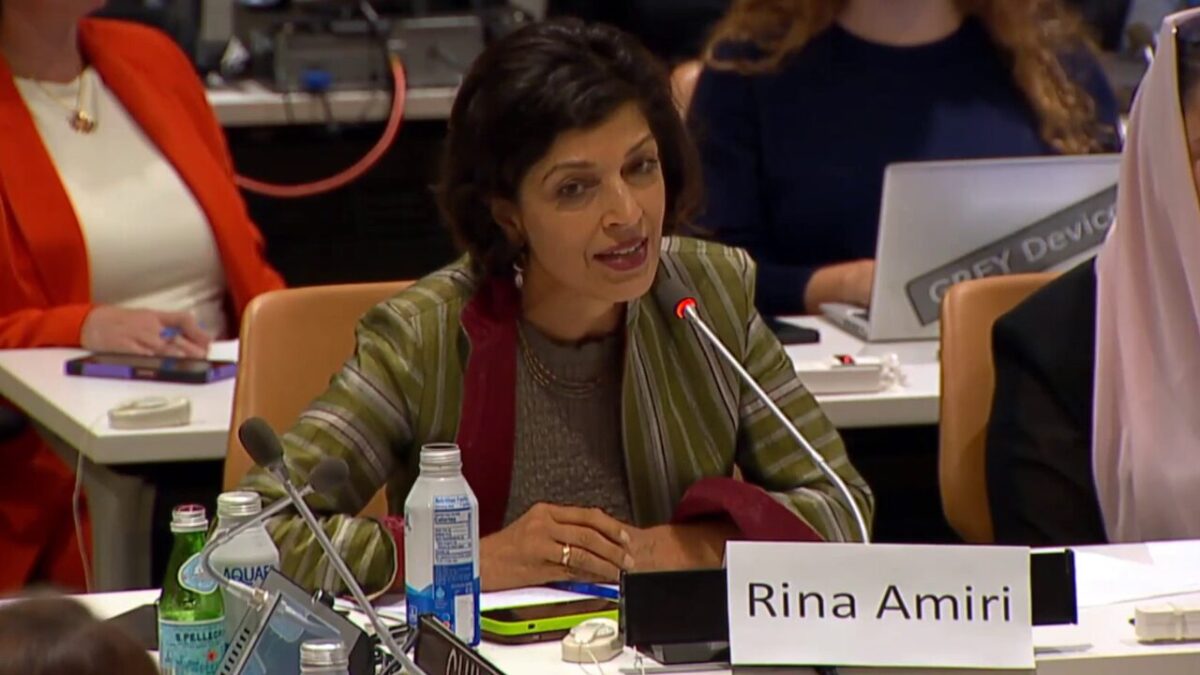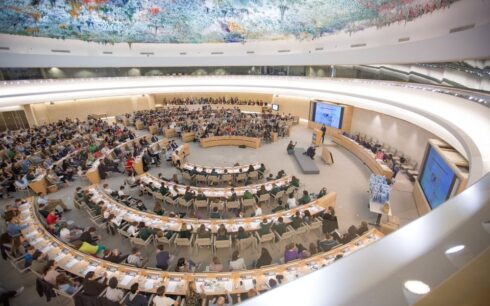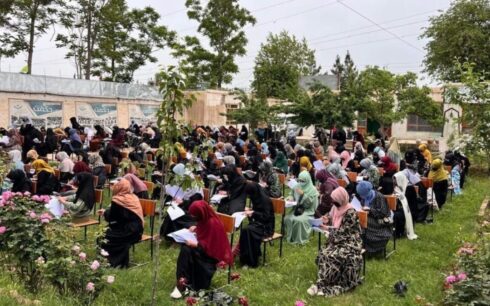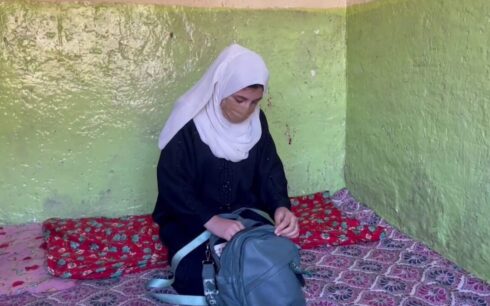WASHINGTON — Rina Amiri, the U.S. special envoy for women and human rights in Afghanistan, condemned the Taliban’s recent ban on female medical education, warning that the policy could lead to the “complete erasure of women” by depriving them of access to critical health services, including maternal and life-saving medical care.
In a statement, Ms. Amiri described the Taliban’s increasingly restrictive policies as a systematic effort to eliminate women’s agency and presence in Afghan society. “Over the past three years, defying Afghan demands and international pressure, the Taliban have adopted progressively extreme gender-discriminatory policies,” she said.
The restrictions, she added, have undermined women’s productivity, mobility, access to education and public spaces, protection mechanisms, and even their right to speak in public.
Ms. Amiri called the ban on training female healthcare practitioners “inhumane and logic-defying,” pointing out that it prohibits women and girls from being treated by male doctors while simultaneously barring women from entering the medical profession.
“This policy has an impact on every mother, every unborn infant—boys and girls—and the very future of Afghanistan,” Ms. Amiri said. “These egregious edicts constitute systemic gender persecution and threaten the safety and well-being of all Afghans.”
She further criticized the Taliban’s “relentless edicts,” arguing that their refusal to honor Afghanistan’s international obligations demonstrates a lack of intent to respect human rights. Engagement with the Taliban, she said, is unlikely to yield progress unless human rights and inclusivity are prioritized.
The ban on female medical students has drawn widespread condemnation domestically and internationally. On Thursday, the United Nations strongly denounced the policy, calling it “profoundly discriminatory” and warning of its impact on Afghan women’s access to healthcare.
In a statement, the Office of the U.N. High Commissioner for Human Rights described the ban as “the latest in a long string of state-sponsored discriminatory measures” aimed at excluding women from public life. The policy, it added, eliminates one of the few remaining avenues for Afghan women to pursue higher education while worsening the country’s already severe shortage of female healthcare workers.





